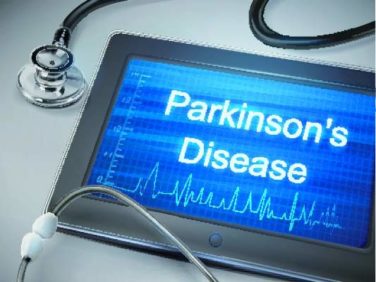Some stigmatizing attitudes about depression have increased since the 2015 Germanwings plane crash, but the overall increase in depression stigma was smaller than expected, according to researchers at University Medical Center Hamburg-Eppendorf (Germany).
The March 24, 2015, crash of a Germanwings plane with 150 people aboard has been deemed a deliberate act by the copilot, who reportedly suffered from severe depression. Before the crash, the researchers had conducted telephone surveys of adults in Munich (n = 650). Four weeks after the Germanwings crash, the researchers replicated the previous survey (n = 601).
Both surveys assessed four components of mental illness stigma: characteristics associated with depression, belief in a continuum of symptoms, emotional reactions to people with depression, and desire for social distance. After the interviews, 99% of the respondents said they had heard about the Germanwings crash, said Olaf von dem Knesebeck, Ph.D., and associates in the department of medical sociology at the medical center (J Affect Disord. 2015 Jul 31;186:261-5).
The findings suggest that some stigmatizing attitudes, such as stereotypical attributes and continuum beliefs, have increased since the event, but overall increase in depression stigma was not as pronounced as expected, wrote Dr. von dem Knesebeck and his associates. “Changes were not statistically significant in the majority of the analyzed items,” they wrote. “A single devastating event and related media coverage seem to have a limited impact on public stigmatizing attitudes.”
Read the study in the Journal of Affective Disorders here.




